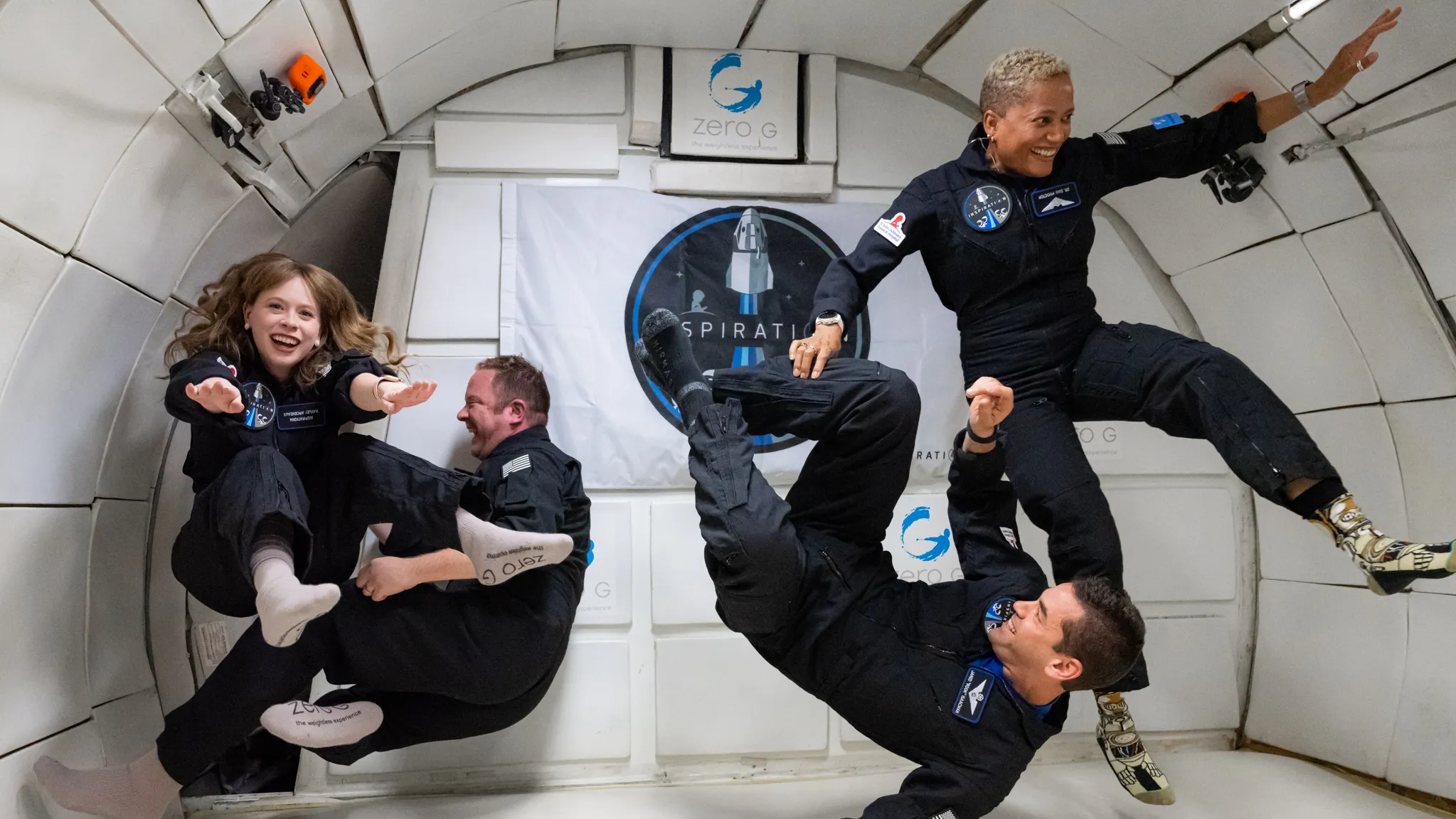Humanity’s future may involve traveling to other planets, but first, we need to understand how space travel affects the human body. In a series of groundbreaking studies, scientists explored the impact of space travel on various aspects of human health, from skin to kidneys, immune cells, and even genes. These studies were made possible by the 2021 SpaceX Inspiration4 mission, where four civilian astronauts orbited the Earth for three days and then returned to their normal lives.

Effects of Space Travel on the Human Body
One of the most critical observations was that although the astronauts’ bodies were stressed and showed dramatic signs of aging during their journey, 95% of these changes returned to normal within a few months. Radiation exposure during space travel can accelerate disease and damage cells even in just a few days, according to Susan Bailey, a radiation cancer biologist at Colorado State University. This rapid aging effect highlights the challenges that long-duration space travel poses to human health.
Bailey and her colleagues have previously studied astronauts, including the famous identical twins Scott and Mark Kelly. Scott Kelly spent 520 days in space, providing invaluable data on the long-term effects of space travel. However, the Inspiration4 mission offered new insights by involving a more diverse group of participants. Hayley Arceneaux, a cancer survivor and the youngest-ever space traveler at 29 was among the crew. This diversity is crucial for understanding how space travel impacts people of different ages, health statuses, and backgrounds.
The Broader Implications for Space Travel
The research, published in Nature and related journals, lays the foundation for understanding the long-term implications of living in space. Bailey emphasized the need to consider how people can thrive and reproduce in space. The studies revealed that space travel could lead to various health issues, such as kidney stones. While kidney stones can be treated on Earth, managing such conditions in space, especially on a mission to Mars, presents significant challenges.
The studies also highlighted that women might recover faster from space-induced damage than men, although this could come at the cost of higher long-term cancer risks due to radiation exposure. These findings underline the importance of continuing to study a diverse group of space travelers to develop effective countermeasures.
Practical Applications on Earth
The lessons learned from space travel can also benefit people on Earth. Understanding how to protect cells from radiation could help cancer patients undergoing radiation therapy and individuals exposed to radiation at work or in nuclear disasters. Additionally, research on reversing or slowing the aging process accelerated by space travel might extend health spans for people on Earth.

While space travel poses significant health challenges, the body appears to adapt successfully to the space environment. The research indicates no insurmountable barriers to reaching Mars and returning safely, although multiple trips may not be advisable due to radiation exposure. The findings from the Inspiration4 mission offer hope that with continued research and innovation, humanity can overcome the health challenges of space travel and explore the cosmos.
